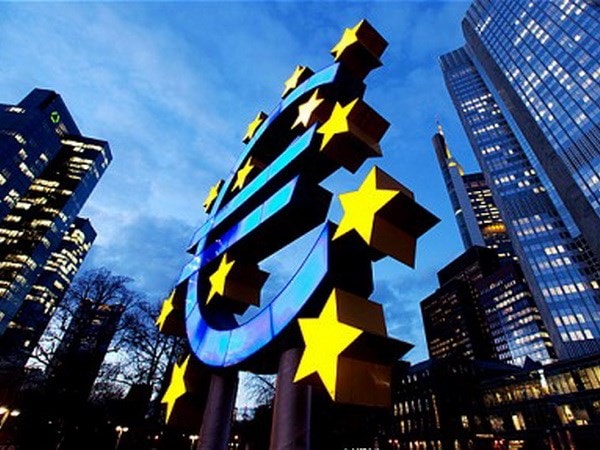Eurozone economic locomotives "run out of steam" after being hit by sanctions from Russia
In the second quarter, the German economy unexpectedly contracted, the French economy "stagnated," and the Italian economy fell into recession.
This reality is extinguishing the new "sparks" of recovery in the Eurozone, in the context of sanctions imposed by Russia and Europe, harming the economies of both sides.
 |
Statistics show that due to weak export activities and falling investment, the GDP of the Eurozone's largest economy, Germany, fell by 0.2% in the period from April to June 2014, marking the first decline in more than a year.
At the same time, France, the second largest economy in the Eurozone, was in a "standstill" state after growing 0% in the first quarter.
Following this disappointing result, French Finance Minister Michel Sapin lowered his country's economic growth forecast for this year from 1% to around 0.5%, and said that France would not achieve its target of reducing the budget deficit to the equivalent of 3.8% of GDP.
Meanwhile, the Eurozone's third-largest economy, Italy, contracted by 0.2% in the second quarter, marking its third recession since 2008. The figures put further pressure on Prime Minister Matteo Renzi's government to push ahead with promised structural reforms.
Economists say eurozone monetary policy should not be aimed at weakening the euro and member states need to take steps to boost growth. Assessing the European Central Bank's (ECB) next move, a Reuters poll showed there was only a 15% chance the ECB would start pumping money into the economy this year.
There are now concerns that the sanctions imposed by Russia and the West will hurt the growth of the Eurozone. The German investor and analyst confidence index fell to its lowest level in more than a year and a half in August. BNP Paribas economist Evelyn Herrmann warned that the risk of a recession in the Eurozone economy will increase in the third quarter, mainly due to geopolitical tensions.
According to Vietnam+






